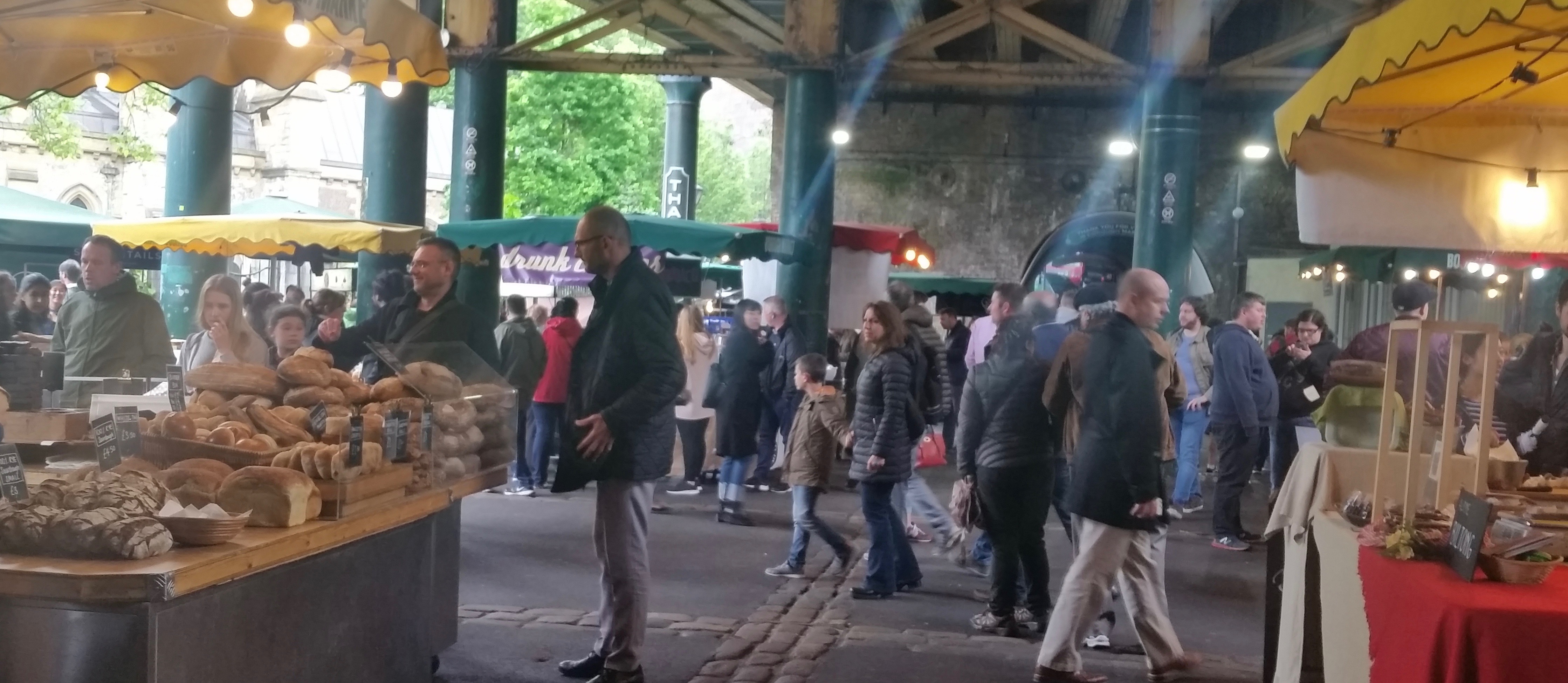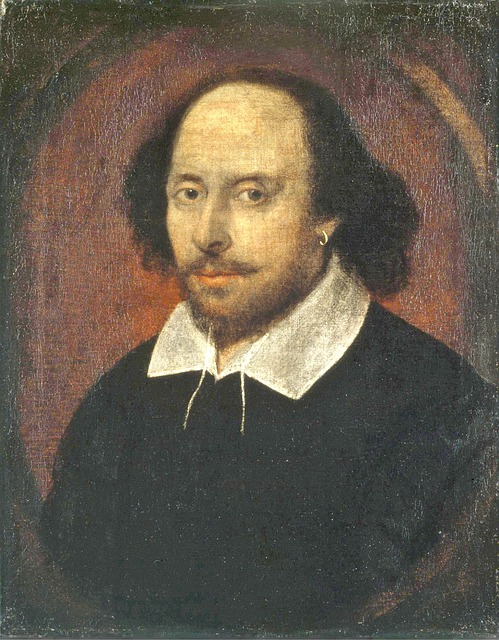Borough Market
From Londonhua WIKI
Revision as of 01:45, 20 May 2017 by Vnmercouris (talk | contribs)
Borough Market
 Some stalls in the market | |
| Artist | Attributed to Victoria Mercouris |
|---|---|
| Dimensions | 55.2 cm × 43.8 cm ( 21 3⁄4 in × 17 1⁄4 in) |
| Location |
Borough Market 8 Southwark St, London SE1 1TL |
Overview
Borough Market is London’s oldest food market and has been serving the people of Southwark for 1,000 years. But this is not a museum piece—it is a dynamic, ever-changing institution; a participant in the wider debates around what we eat and where it comes from; a place where food is talked about almost as enthusiastically as it is consumed.
Contents
History
Borough Market has for about 1,000 years, while it is impossible to pin down a start date the best date available, and the one used as the basis for the Market’s millennium celebration, is 1014. Borough, then as now, was a place defined by its position at one end of London Bridge. London bridge, a colorful and chaotic artery joining London to the town of Southwark and the ports and cities of the south, acted like a magnet for people who wished to sell things to travelers. Its rich commercial potential kicked off an epic struggle between authorities determined to regulate and profit from officially sanctioned markets and hordes of small traders who wanted to make as much money as possible with the least possible interference. For a long time there were two legitimate marketplaces around Borough. The smaller of these started in the grounds of St Thomas’ Hospital, at the southern entrance to London Bridge. In 1215, the hospital relocated to what is now St Thomas’ Street, and the market, which specialized in corn, moved with it. In 1406, after some serious lobbying, Henry IV granted the City authorities “assay and assize of bread, wine, and ale and other victuals and of any other things belonging to the clerk of the market of the King’s household”. Southwark’s market became, to all intents and purposes, an extension of London. The residents of Southwark fought hard against the encroachment of the City into their town, but further charters in 1444 and 1462 cemented London’s influence over the Guildable Manor and added the right to hold a three-day fair every September. Southwark Fair would become one of the most riotous events in London’s calendar. In April 1550, for a price of just over £1,000, Edward VI ended any debate about who ran Borough by selling Southwark to the City. In the same charter, it was agreed that the market could extend to four days a week, adding Monday and Saturday to the schedule. For more information click here.
Traders
Organize each section of this article so that it has a logical flow. If you intend to discuss one aspect of the origin of a person, place, thing, or idea, identify the appropriate existing section of the article, or create that section if it doesn't exist. Then, make a clear subheading. If you notice that some other information is not organized clearly, rearrange the information, but do so cautiously and responsibly! The goal here is clarity for the reader.
Add links to other articles, but do not link to personal student profile pages or milestone pages. Add media as needed in the appropriate sections.
References
If appropriate, add a references section
External Links
If appropriate, add an external links section
Image Gallery
If appropriate, add an image gallery
